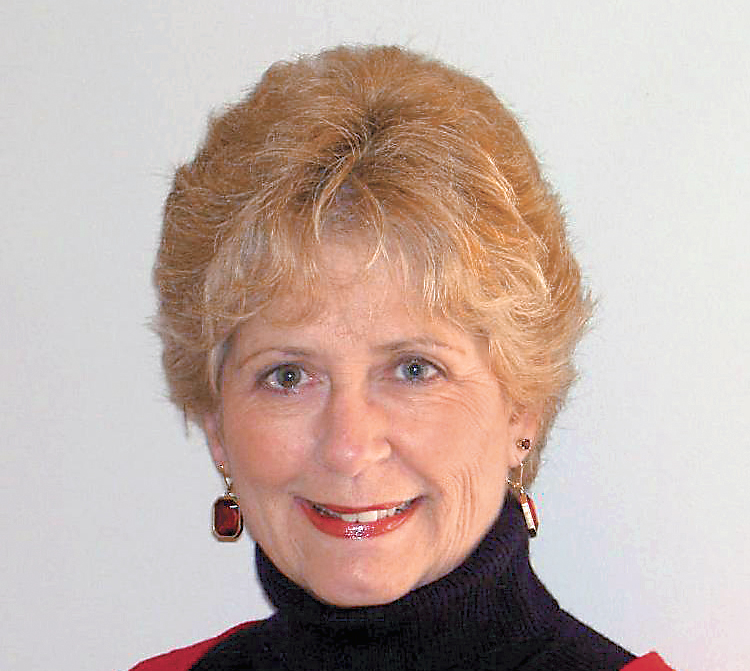Piggybacking on last Saturday's vacation column, Good Housekeeping offers some great suggestions to save money while traveling.
• Look for Web package deals instead of piecemeal packages. Airfarewatchdog.com (a great site, by the way) tells us that the biggest Web travel agencies put together the friendliest wallet-saver bundles and, especially, our friends at Expedia. Expedia uses all major airlines, except Southwest and Allegiant, and combines airfares better than the other sites to get the cheapest fares.
• Save at hotels that offer breakfast (obviously, the biggest savings if traveling with a family). Check www.quikbook.com for a list of hotels that serve
the morning meal in 28 American cities and www.hotel.com for others.
Certainly, a chain's own Web site will offer this info, too. A family of four can save a minimum of $16 by partaking of the "free" meal. Clearly, this $16 doesn't mean a Hardee's biscuit.
• Not only is a free breakfast available, but also hotel finds can up the savings ante. A brand-new Web site, powered by the Expedia Affiliate Network, is www.tingo.com. The site maintains an inventory of 95 percent flagged as "Money Back."
The company promises you can take advantage of price drops after you book your room. Tingo scans for discounts and automatically rebooks you when a cheaper rate becomes available.
Moreover, it continues with this process until a day or two before the actual check-in to ensure a rock-bottom amount. Good Housekeeping advises even if the savings isn't a biggie, we still can put the extra money toward umbrella drinks, souvenirs, or a meal.
• Cashing in airline miles can save you money. Do you have lots of available miles with your favorite airline? If you're unsure whether to cash them in on travel rather than products and services, figure this method: approximately two cents per mile if you travel coach.
According to Matthew Bennett, editor of www.firstclassflyer.com, divide the fare you need to pay by 25,000 or by the number of miles your airline charges.
If the quotient is more than two cents, then definitely use your miles. If less, then buy the ticket to earn more free mileage.
Bennett's example by using this formula: a $500 ticket produces a two cent return; on the other hand, a $250 ticket yields only a one cent return, which means you should purchase that particular ticket.
Ellen Phillips is a retired English teacher who has written two consumer-oriented books. Her Consumer Watch column appears every Saturday. E-mail her at consumer watch@timesfree press.com.

